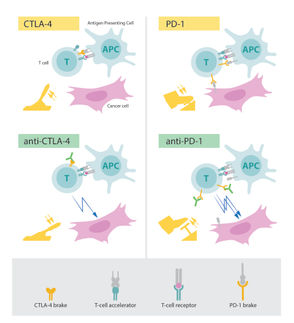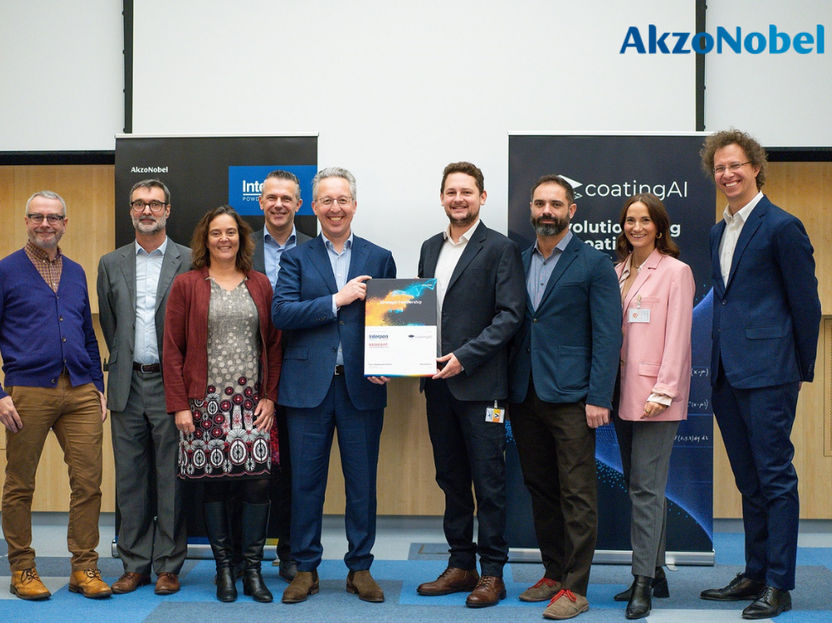Novartis introduces Riamet® in Europe, a novel fixed combination treatment for malaria in travellers to endemic areas
Advertisement
Today at the International Society of Travel medicine annual conference, Novartis Pharma AG is to introduce Riamet® (artemether plus lumefantrine) in Europe. Riamet is a novel fixed combination treatment which has been approved for the treatment of uncomplicated Plasmodium falciparum malaria1. Riamet has received marketing authorization in Europe and is also available as stand-by emergency treatment in Switzerland.
"As a consultant in travel medicine and director of a travel clinic, I am delighted that this new effective option for malaria treatment is now available within Europe. Given the problems with traveller compliance to chemoprophylaxis, and rapidly developing resistance to existing therapies, it is vital that new treatments are considered when advising travellers before their trip", commented Dr Jane Zuckerman, Academic Centre for Travel Medicine & Vaccines, Royal Free & University College Medical School, University College London.
Riamet is a fast acting antimalarial therapy that provides over 95% cure rates, even in areas of multi-drug resistance.2,3,4 In contrast to other available treatments, no clinical resistance to the individual components of Riamet has been observed.2 Riamet has an excellent safety profile,4 with no neurotoxicity or cardiotoxicity detected to date,2,3,4 and is easy to use due to its short-term, high dosage treatment schedule, aiding patient compliance.
"Artemether has a rapid onset of action, whilst lumefantrine is slower acting", explained Dr Christoph Hatz, Swiss Tropical Medicine Institute, Basel, Switzerland. "The synergistic effect of these two drugs ensures rapid clearance of parasitaemia and most symptoms of malaria, whilst preventing parasite survival in red blood cells (recrudescence) following failed or incomplete treatment."
The antimalarial activity of the combination of lumefantrine and artemether in Riamet is greater than that of either substance alone. In a double-blind comparative study in China, the 28-day cure rate of Riamet when given at 4 doses was 100%, compared with 92% for lumefantrine and 55% for artemether when given as monotherapy.5 In comparative clinical trials Riamet cleared parasites in less than 48 hours and more rapidly than non-artemisinin antimalarials.6
Riamet has been used in Switzerland for over a year as standby (emergency) treatment for travellers visiting endemic countries who are likely to be over 24 hours away from medical care. This situation is becoming increasingly likely, as more people are opting for independent travel to less developed areas of the world. In addition to those travelling for leisure, business travellers, air crews and the military who make frequent, short term and short notice visits to endemic areas, can also benefit from standby (emergency) therapy. The risk of potential morbidity from chemoprophylaxis is removed as treatment is taken only when necessary. In addition the excellent safety profile and fast onset of action mean that Riamet can be taken even if the traveller has misdiagnosed malaria.
Malaria and the traveller – an increasing problem The number of travellers to endemic countries who return with malaria is increasing – in 1999, 12,000 cases of malaria were reported among European travellers alone.7 Given the explosion of travel to malarious regions of the world, the need for safe and effective treatments has never been more acute.













































